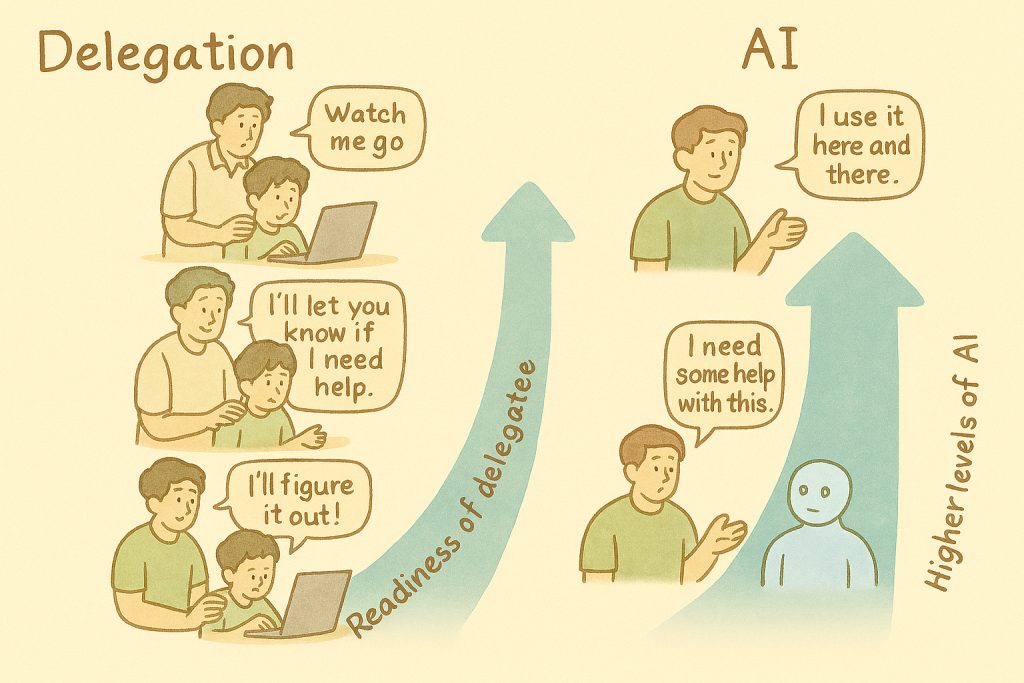Vidyut is a SM who has attended a Scrum program conducted by a fairly well known Scrum Trainer. In response to a question, the Trainer mentions that while the Scrum guide talks about the PO being part of a Scrum team, the PO has a different role from the Scrum Team considering the fact that he/she represents the demand side of a typical software development project while the development team and the Scrum Master represent the supply side. As a result, he opined that the PO typically does not belong to the team fully and does not attend scrum ceremonies such as stand-ups or retrospectives. He also mentioned that the PO attending these Scrum ceremonies will prevent the development team from opening up completely. Vidyut appreciates this as his organization, Customer Global Inc, has always had the POs located in the US while the team is located in India and the POs reported into a different structure. The POs were also demanding by nature and this in many ways isolated them from the development team.
At the beginning of this year, Customer Global decides to set up a local PO organization in India to ensure the team gets better support on a day to day basis for user stories and clarifications that the development teams have. Shravan is the new PO identified for Vidyut’s team. Shravan is very forward looking and highly collaborative and is surprised to hear from Vidyut that he cannot attend the team’s daily stand-ups. When he asks for an explanation from Vidyut on this, Vidyut maintains that has always been the practice and the team was not comfortable having the PO attend the daily stand-up. To substantiate his views, he quotes what the Scrum trainer mentioned as part of the training program. Shravan is surprised to hear this view and seeks the help of the Agile coach for Customer Global in India to resolve the problem.
If you were the Agile coach, what would your recommendation be and how would you solve the problem?
Suggested solution:
It is apparent from the situation that the concerns of the team / SM come from their stereotypes of the PO role and how things have worked so far. They have found the PO demanding, not fully appreciative of their own challenges related to delivery and so do not want the PO meddling in what they believe are ceremonies (such as stand-ups) that only concern the delivery team.
Shravan as a new PO seems to be coming with a refreshing outlook, seems keen on being collaborative and so should be encouraged to work closer with the team. After all, one of the Agile principles clearly states that business people and developers need to work together on a daily basis and what better way to ensure this, than having the PO involved in stand-ups.
As the coach, you need to first sit with Vidyut (SM) to understand where he is coming from. If there has been a wrong understanding of the PO role you need to help correct that perception – after all, the SM is the link between the PO and the team and if the PO is genuinely interested in being part of the team, the SM’s job in enabling this becomes easier. If past history is the reason for the SM’s concerns, then the SM needs to be helped to bury that, and become open to trying out having the PO attend the stand-ups. The PO needs to be made clear of his own role in the stand-ups – of being a supportive stakeholder than a person who monitors work done by the team. In this case that does not seem to be an issue as the PO seems to be a forward looking and collaborative person.
The SM can take your inputs to the team to ensure they are on the same page. As a coach, you can facilitate a discussion with the team as well, on this, so they understand the role of PO in this context. Having the team try out having the PO attend a few meetings would help. They would then get to experience the real value, and it will also allay their own fears in this regard.



